Victorian Premier Daniel Andrews out of step with other state leaders in announcing enhanced security following Belgian attacks
THE Victorian Premier is falling over himself to announce extra security measures in the wake of Brussels. But is it about our safety or his image?
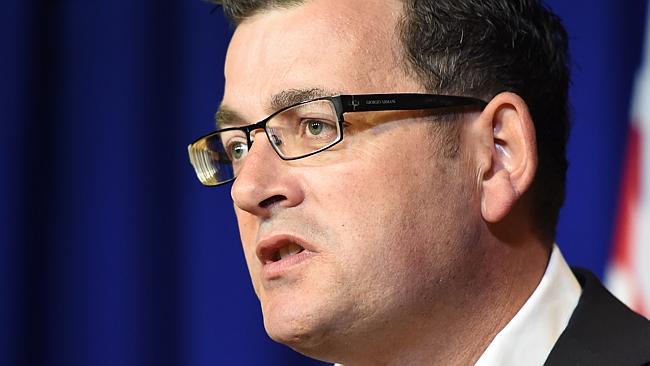
BEEFING up security around major transport hubs and stadiums in Australia in the wake of the Brussels atrocities made the public feel better but did little to prevent an attack, a terrorism expert said.
Victorian Premier Daniel Andrews decision to increase security differs remarkably from his counterparts in other states who have said current security levels are adequate.
Former military officer and security expert at the Australian National University, Professor Clive Williams, said it was common practice for leaders to announce rafts of new measures during a crisis, chiefly to make themselves look stronger.
The streets of Melbourne should be crawling with cops already, given numbers were increased after the gangs ran rife in the CBD little more than a week
But nevertheless, Mr Andrews today said there would be double the number of police at Thursday night’s AFL opener at the Melbourne Cricket Ground, following Tuesday’s attacks in Belgium which killed 31 people and injured a further 270.
It followed an announcement on Wednesday that extra security would be put in place around transport hubs and consulates.
“That is exactly the response that Victorians can expect and that is how we will keep Victoria safe,” Mr Andrews said on Thursday.
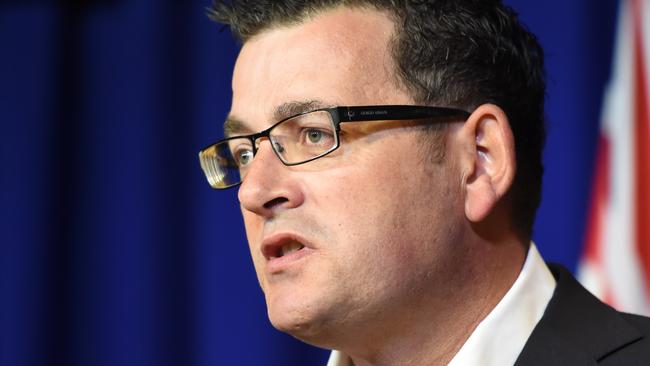
SECURE
Victoria Police Commissioner Graham Ashton said on Wednesday that while you, “can’t put a fence around,” railway stations the police presence would be ramped up.
“We’re making sure the security around transport hubs is highly visible, we’ve got our protective service officers out on railway platforms and they will be briefed on what we know and they’ll be on alert,” he said.
“Our police and security see things that look unusual and that can lead into action that can save lives. That vigilance is what’s important.”
Mr Andrews said there was no intelligence to suggest there were any links between the tragedies in Europe and Victoria.
Indeed, the national security level has remained unchanged and Prime Minister Malcolm Turnbull has insisted Australia’s borders are “secure”.
Talking to Today on Wednesday, Mr Turnbull said the nation was in a “much stronger position from a security point of view” than Brussels.
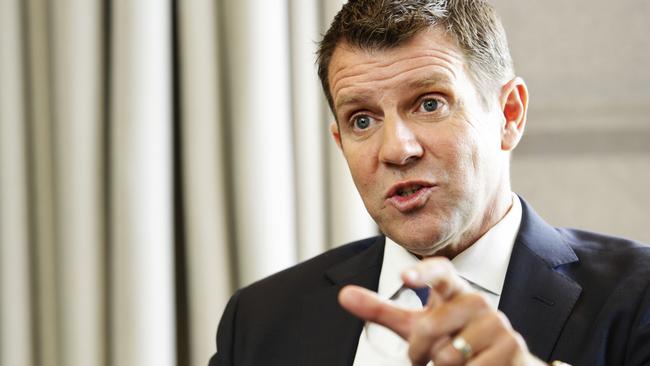
OVERREACTING
Victoria’s approach is in stark contrast to NSW. On Wednesday, Mike Baird told reporters that there was, “no specific link, or indeed threat, on the back of it here in Sydney or across the state”.
Security arrangements remained as normal but could be escalated if necessary, he said.
“I would think both [Mr Andrews and Mr Baird] have had the same advice about the level of threat but the premiers have decided to take a different approach,” Mr Williams told news.com.au.
“Obviously, the Victorian Premier has decided to give the impression of enhanced security whereas the NSW Premier thinks the measures in place are adequate at moment.”
Like Mr Baird, Queensland Premier Annastacia Palaszczuk has also not sought to bolster security in her state.
Mr Williams said, perhaps, Victorians needed more reassurance on security matters than people in NSW.
“There is always a danger of overreacting to incidents and that’s something you want to guard against,” he said.
With the Australian Federal Police having jurisdiction at Melbourne’s international airport of Tullamarine, Mr Andrews’ announcement chiefly covers the rail network.
It remained to be seen what the additional security at stations such as Southern Cross and Flinders St will entail, and the Premier wouldn’t go into detail.
But Mr Williams said too much scrutiny and passengers would simply choose to use the bus or hire a car instead.
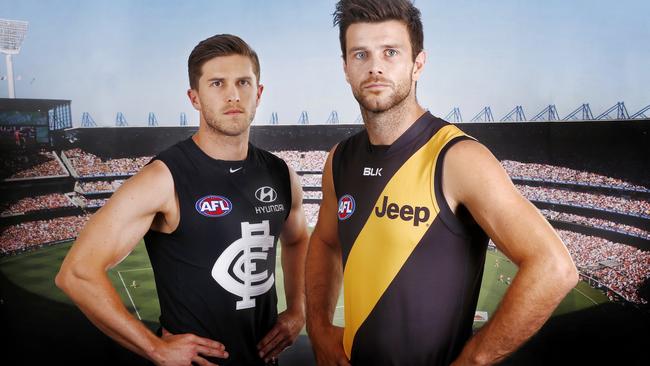
PLACEBO
While there was always a danger that, “some guy out there has the capability to do something like Brussels here,” that level of overt security presence was rarely maintained beyond a couple of weeks.
“It costs a lot of money and it takes a lot of resources to be on a higher level of alert,” Mr Williams said.
“It’s not something you want to do on a permanent basis and it’s not really a desirable thing to do.
“Security is a balance but you have to weigh it up against a level of threat. And of course reassuring the public is a part of all of that.”
Giving the public a sense that something was being done was often the main reason for bumping up the presence of police, said Mr Williams.
“A lot of time I think security is as placebo on the basis that people accept a level of security when they fly because they are concerned about attacks and people have a comfort zone when it comes to travel.”
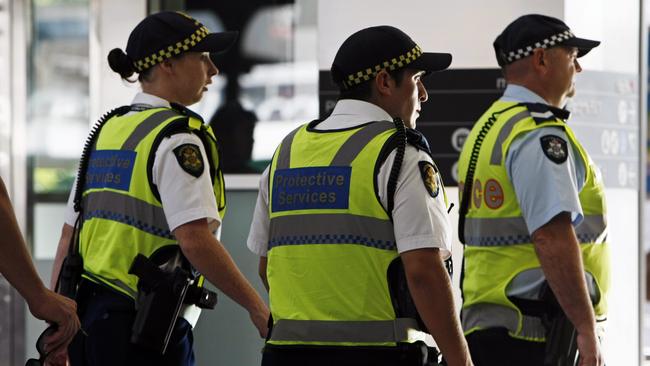
‘MADE HIM LOOK STRONG’
But visible policing was often also about creating a particular image of a politician in the minds of the electorate.
“From the point of view of political leaders, they also benefit if there is a perception of threat and they are seen as a being strong,” Mr Williams said.
“When [former prime minister] John Howard came back from America after 9/11 he had a national security committee meeting and announced a raft of measures that made him look strong.
“Those of us in the security community were astonished because they weren’t things that we’d been asking for, but they were politically desirable things to do.”
The ideal security measure, to deal with the current threat, would be the ability to detect explosives as they were being walked into a terminal or station. But until that technology was developed, other measures such as identifying people of interest and CCTV should be a focus, Mr Williams said.
The Australian Federal Police told news.com.au on Wednesday that security operations and patrols had been increased at each of the nation’s international airports since the Brussels attack.
Transport for NSW said police advice was that staff should exercise a “sensible level of increased awareness” on Sydney’s train network.




